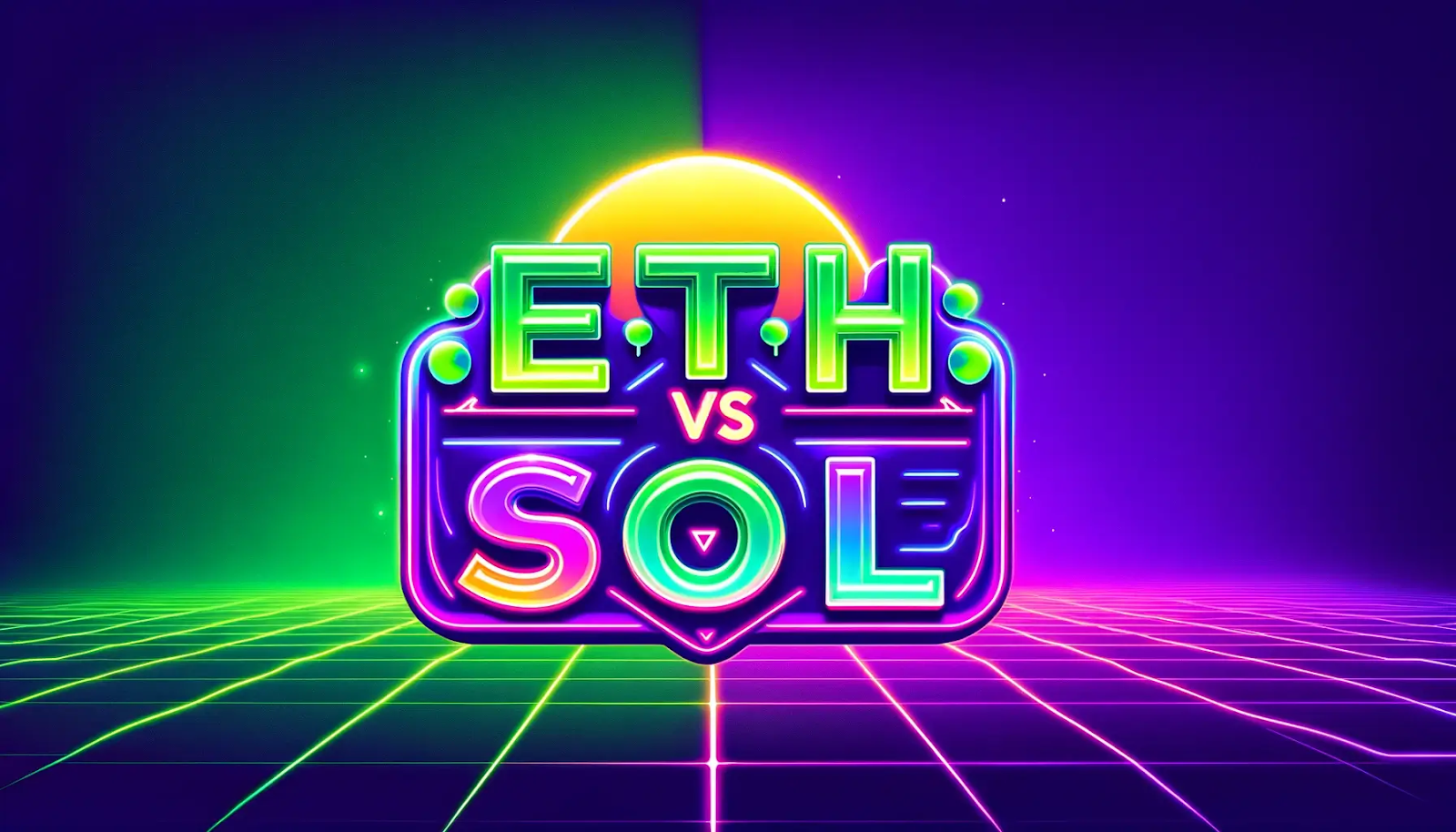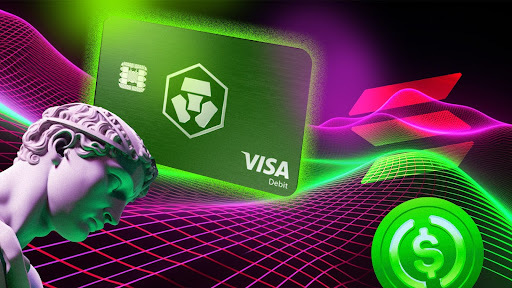
With so many terms to learn, understanding the crypto world as a newbie can be confusing. One way to be less confused is to know the different groups of cryptocurrencies. One of these groups is called 'altcoins.'
So, what are altcoins? Why is Bitcoin not an altcoin? This guide shows you the difference between Bitcoin and altcoins, their similarities, and what to consider when investing in both.
What Are Altcoins?
Simply put, altcoins are other cryptocurrencies apart from Bitcoin. An altcoin is coined from the term 'alternative coin,' because most altcoins are created as alternatives to Bitcoin.
For example, altcoins have diverse use cases beyond transactions, like smart contracts and the tokenization of physical assets.
Altcoins: Use Cases and Adoption
Altcoins are designed to overcome specific limitations or introduce new features beyond the scope of Bitcoin. Below are some common use cases and functionalities of different altcoins:
-
Smart Contracts and Decentralized Applications (DApps):
Ethereum is an example of an altcoin that introduced the concept of smart contracts, which are self-executing contracts with the terms directly written into code. These contracts allow for the creation of decentralized applications (DApps) that can automate various processes, from financial transactions to supply chain management.
-
Interoperability:
Altcoins like Polkadot and Cosmos focus on creating interoperable blockchains (that can communicate with each other). They aim to address the issue of siloed blockchain networks by enabling data and value transfer between different chains.
-
Content Monetization:
Steem and Basic Attention Token (BAT) offer platforms for content creators to be rewarded directly by consumers, bypassing traditional advertising models. BAT also integrates with the Brave browser to improve online ad experiences by being more private.
-
Gaming and Virtual Assets:
Some altcoins are designed for use in virtual worlds and gaming ecosystems. Enjin Coin and Decentraland enable virtual asset creation, ownership, and trading within their respective platforms.
-
Governance and Decentralized Autonomous Organizations (DAOs):
Altcoins like Anarchy (ANA) and Cardano emphasize governance mechanisms that allow stakeholders to propose and vote on changes to the protocol, creating more democratic and decentralized systems.
What is Bitcoin?
Bitcoin was the first cryptocurrency created by the pseudonym Satoshi Nakamoto in 2009. Although the identity of Satoshi Nakamoto has been speculated for years without a solid identity being tied to it, Bitcoin remains the biggest and most popular crypto to date.
Because Bitcoin was created first, it has a lot of limitations. For example, transactions on the Bitcoin Network take about 10 minutes to go through. Other networks have developed faster transaction times for a fraction of the cost, hence solidifying the need for altcoins.
Bitcoin vs. Altcoins: What Are The Similarities?
Now that we've established what Bitcoin and altcoins are, let's look at their similarities. One glaring similarity is that they are all cryptocurrencies. Other ones are:
-
Volatility:
Both Bitcoin and altcoins experience high levels of volatility. Wherever there is a positive movement in the market, both Bitcoin and altcoins will pump and vice versa. However, Bitcoin always dictates the general market movement while most altcoins follow suit.
-
Global Usage:
Unlike fiat, cryptocurrencies (including Bitcoin and altcoins) can be used by anyone worldwide, provided they have a crypto wallet. Sending any cryptocurrency usually comes at a cost, known as a 'gas fee.' This fee goes to miners who ensure transactions are verified on the blockchain.
-
Investment options:
All kinds of cryptocurrencies can be used for investments, depending on the kind of returns you are looking at. Bitcoin might be a good fit for your portfolio, considering gradual returns. For even bigger returns, try altcoins.
-
Anonymity:
A significant characteristic of all cryptocurrencies is that they protect the owner's identity. You can only be identified on the blockchain with your wallet address but no personal information such as your legal name or email address. Additionally, these digital currencies are mainly controlled by decentralized entities, away from big organizational and governmental control.
Bitcoin vs. Altcoin: How Are They Different?
While Bitcoin and altcoins are similar, they have more differences than similarities, this is why they are categorized differently in the first place.
-
Strong Fundamentals:
Bitcoin has more robust fundamentals than any altcoin that exists. Bitcoin was built to solve the problem of centralization, which it has done to a large extent.
On the other hand, many altcoins claim to solve a challenge but don't do it or try to replicate what another project is doing, resulting in weak fundamentals. Many of the older altcoins that existed a decade ago, like DASH and Namecoin, are irrelevant today. Bitcoin has stood the test of time.
-
Institutional interest:
Since Bitcoin has stronger fundamentals than any other altcoin, institutional investors are more likely to invest in Bitcoin than any other altcoin. In fact, many of these investors, like ProShares Bitcoin Strategy and Valkyrie Bitcoin Strategy, already issue Bitcoin ETFs.
Meanwhile, financial institutions developing crypto products or integrating blockchains in other products usually pick Bitcoin over any other cryptocurrency.
-
Consensus Mechanisms:
Consensus mechanisms are used to ensure that all blockchain network participants agree on the ledger's current state. Bitcoin uses a proof-of-work (PoW) consensus mechanism, which requires miners to solve complex mathematical problems to validate transactions and earn rewards.
Altcoins, on the other hand, often experiment with different consensus mechanisms, such as proof-of-stake (PoS), delegated proof-of-stake (DPoS), proof-of-authority (PoA), and others.
-
Limited availability:
Unlike Bitcoin, many altcoins are not readily available on crypto exchanges and wallets. Bitcoin, Ethereum, and Tether USD are the three leading cryptos you can get on most wallets.
For other altcoins, you should check if the platform you would like to use it on supports it. For less popular altcoins like memecoins, finding a wallet that supports them is usually arduous. So, many regular investors go for Bitcoin, as it is almost everywhere.
Final Thoughts
Bitcoin and altcoins are cryptocurrencies used for payments or investment purposes. However, altcoins have a much broader use case than Bitcoin and have contributed significantly to the growth of the crypto space. So, which is better: Bitcoin or altcoins? The truth is: there is no correct answer.
While Bitcoin would always be the first mover and the first crypto of choice for most investors, altcoins are crucial to advancing blockchain technology and can be a good way to diversify your blockchain investments.
Please note that this article is not financial advice and is only for educational purposes.


















